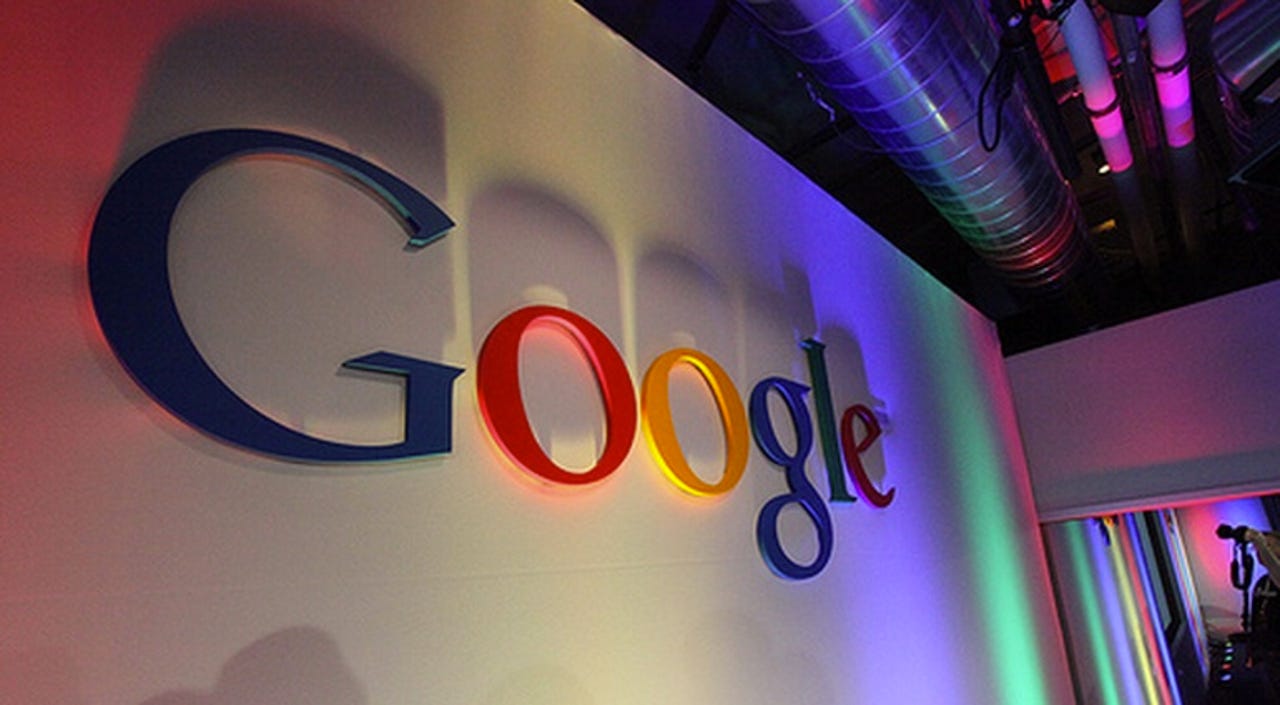Google changes social Terms to target harassment, make room for art


During Google I/O, the company quietly made substantial changes to its Plus user policies, addressing the tactics of social attackers and relaxing its feelings about art nudes.
Formerly called Google+ Policies & Principles, its new title reads Policies for Google+, Hangouts, and Photos.
Google announcing Android "M" (Muffins? MILF? Malware?) was among many changes Google rolled out Thursday, but in the course of introducing new products and features, it expanded its G+ Terms by a whopping 24%.
It also added Google Photos to its language, and created a new, additional Terms page for its Call Phones feature in Hangouts.
The User Content and Conduct Policy (introduction) got a plump new paragraph. It now lists covered services by name, and adds:
Google's social and sharing products and services enable people from diverse backgrounds to start conversations, share experiences, collaborate on projects, and form new communities. Our policies play an important role in maintaining a positive experience for our users.
The Child Exploitation section saw a typo fixed, which had really been bugging me.
Sexually Explicit Material also got a light do-over. Contrary to Google's reputation for trying to make Morality In Media proud, it added a new paragraph giving the company an out when users have posted something from the giant category of sex stuff that isn't porn -- and Google decides to keep it.
It added:
Since the general tone of the Terms changes indicate a re-styling of the Terms to combat abuse, targeting and bullying, this addition is particularly welcoming to everyone suffering at the indifferent hands of Facebook's widely, and often openly, abused "report" functions.
The change carves out a place for artists on Google Plus, which is a breath of fresh air in a time of conservative black and white social media rules. Facebook doesn't have this, and its iron fist approach has earned Facebook an enduring hatred among about every kind of artist there is. Advantage, Google.
Now let's hope, for the artists, that Google allows users of is photo services to tweak content restrictions for viewing.
The biggest change, and a welcome one, is to the Harassment and Bullying section -- now called Harassment, Bullying, and Threats.
It went from two puny sentences that basically said "don't do it" to a much toothier, more aggressive paragraph. It is, in fact, now completely different and now reads:
Do not engage in harassing, bullying, or threatening behavior, and do not incite others to engage in these activities. Anyone using our Services to single someone out for malicious abuse, to threaten someone with serious harm, to sexualize a person in an unwanted way, or to harass in other ways may have the offending content removed or be permanently banned from using the Services. In emergency situations, we may escalate imminent threats of serious harm to law enforcement. Keep in mind that online harassment is also illegal in many places and can have serious offline consequences for both the harasser and the victim.
Learn more about additional steps that you can take to stop harassment and bullying on Google+.
To top off the poo sandwich G+ seems ready to serve malicious trolls, Google created a new section -- one that pokes Twitter in a freshly bruised spot -- disallowing sockpuppets and return accounts.
The new section, added at the end, is called Use of Multiple Accounts and it reads,
Do not create or use multiple accounts to evade our policies or bypass blocks or otherwise subvert restrictions placed on your account. For example, if you've been blocked by another user or suspended for abuse, don't create a replacement account that engages in similar activity.
The changes appear to have published today (May 28 2015) after 4:56 GMT. They indicate that Google isn't giving up social anytime soon, and may be ready to take a more people-friendly approach to its social sharing governance.
Only time will tell.